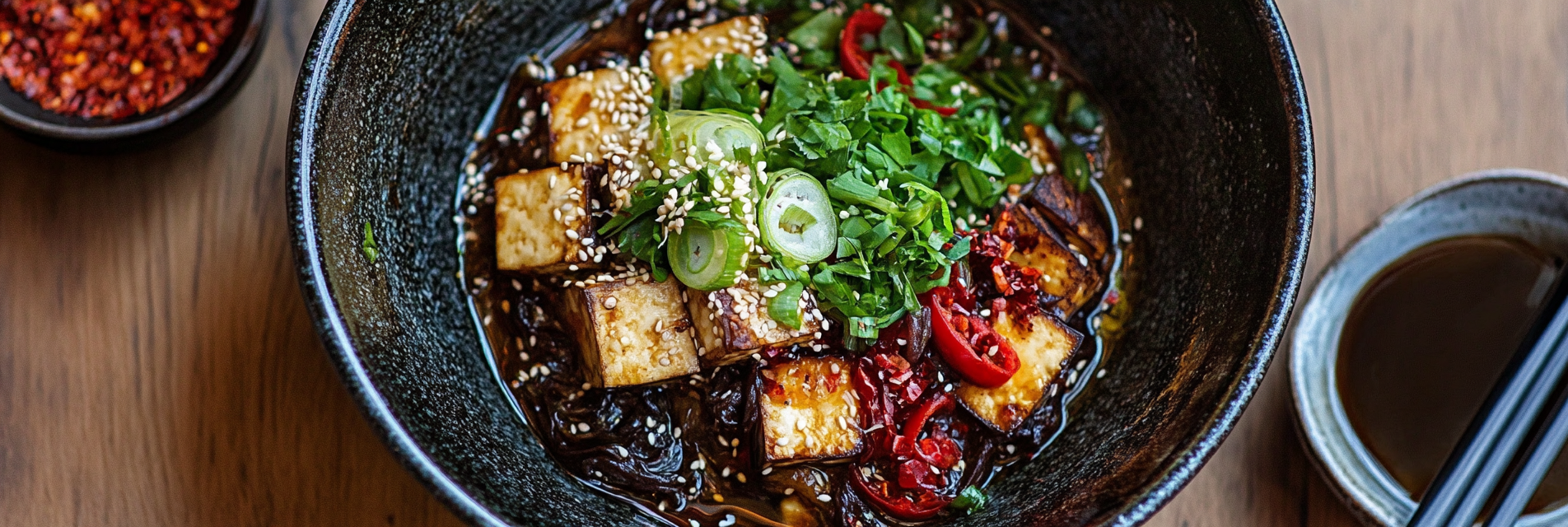
Adopting a low carb lifestyle gains favor among people who want to boost health, shed weight, and raise energy naturally. Reducing sugars and refined carbs lets you choose more nutrient-rich food. In this article, we share clear hints to use a low carb approach that can change your health in a simple way.
Understanding the Low Carb Lifestyle
A low carb way cuts back on foods like sugar and white flour. It adds proteins, good fats, and veggies that have little starch. Carbs play a part in the diet, yet many eat too many, mostly from processed food. This habit may lead to high insulin, weight gain, and other issues.
What Happens When You Go Low Carb?
When you lower carb intake, your body starts to burn fat instead of sugar. This body change helps to lose fat and clear up health markers. Many feel less hungry and have smaller cravings, which makes it simple to stick to a better way of eating.
Effective Tips to Start and Maintain a Low Carb Lifestyle
Changing to a low carb way may seem hard at first, but these steps help you set up habits that last.
1. Focus on Whole, Unprocessed Foods
Whole foods keep you on track. Eat fresh vegetables like leafy greens, broccoli, and cauliflower. They keep carbs low and fiber high. Choose proteins such as eggs, chicken, fish, or grass-fed meat. Add good fats from avocado, nuts, seeds, or olive oil to round out your meals.
2. Plan Your Meals and Snacks Ahead
Planning stops you from reaching for high carb fast choices. Prepare simple meals that mix protein with vegetables. Keep low carb snacks like nuts, cheese cubes, or boiled eggs ready when time is short.
3. Gradually Reduce Carb Intake
Cutting carbs all at once can bring tiredness or headaches. Instead, lower your carb use over one to two weeks so your body can adjust without a shock.
4. Hydrate and Replenish Electrolytes
Fewer carbs often lower insulin and change kidney work, which can end in water and mineral loss. Drink a lot of water and get sodium, potassium, and magnesium on a regular basis to stop dizziness and cramps.
5. Monitor Your Ketone Levels (Optional)
Some check ketones with strips or meters to see when their body burns fat. This check is useful for some but is not needed for everyone.
6. Stay Active
Exercise supports a low carb way. Moving more helps burn fat, aids sugar use, and builds lean muscle fast.
7. Be Patient and Consistent
Big changes reach you slowly. Keeping up with your diet day by day brings the best long-term work.
Benefits of a Low Carb Lifestyle for Your Health
Using a low carb way may help your health in several ways:
• Weight Loss: Fewer carbs calm hunger and speed fat burning.
• Blood Sugar Control: Reduced carbs help keep blood sugar steady, which helps many people.
• Heart Health: Some see better cholesterol and steadier blood pressure.
• Brain Function: Many people notice sharper focus and clearer thought.
• Lower Inflammation: Cutting back on processed carbs can drop signs of body inflammation.
Sample Low Carb Foods to Include
| Food Group | Examples | Carb Content (Approx.) |
|---|---|---|
| Vegetables | Spinach, kale, broccoli, zucchini | 2-5g net carbs per serving |
| Proteins | Chicken, salmon, eggs, beef | 0-1g carbs per serving |
| Healthy Fats | Avocado, olive oil, nuts, seeds | 0-2g carbs per serving |
| Dairy (Full-fat) | Cheese, Greek yogurt | 2-5g carbs per serving |
Common Mistakes to Avoid on a Low Carb Lifestyle
- Overeating protein: Too much protein can turn into sugar and slow down fat burn.
- Neglecting vegetables: Some limit carbs and then miss out on needed fiber and vitamins.
- Ignoring hydration: Not drinking enough can bring tiredness or headaches.
- Relying on processed low carb items: Some packaged snacks do not come from whole food and may miss the mark on nutrition.
Frequently Asked Questions about Low Carb Lifestyle
1. What is the difference between low carb and ketogenic diets?
Both drop carbs, but the ketogenic diet is stricter. It limits carbs to under 50 grams daily so the body burns fat in a state called ketosis. A low carb way is more flexible and does not force the body into ketosis.
2. Can a low carb lifestyle help with chronic conditions?
Yes. Studies show that eating fewer carbs can steady blood sugar, lower triglycerides, and ease high blood pressure. These changes help manage long-term conditions.
3. Is a low carb lifestyle safe for long-term use?
For most adults, a balanced low carb plan filled with nutrient-rich foods works well for a long time. Still, people with special health issues should check with a doctor before making a big change.
Trusted Source
The Mayo Clinic backs low carb diets to help with weight loss and improve health results. Cutting back on refined sugars and carbs is seen as a way to support overall wellness.
Conclusion: Take Control of Your Health with a Low Carb Lifestyle
Changing your health with a low carb way is within your reach. Eating whole foods, planning meals ahead, staying well hydrated, and moving steadily can bring lasting benefits. Start small, work on your habits every day, and see the good changes with fewer carbs. Your body will thank you.

Ready to see the good effects of a low carb way of life? Start your path today with small changes to your diet and habits that support long-term well-being.
[center]Always consult with your doctor prior to making drastic diet changes.[/center]
[center]As an Amazon Affiliate, Savvy Keto makes a small commision (at no extra cost to you) on any purchases you make thru affiliated links you click on.[/center]




